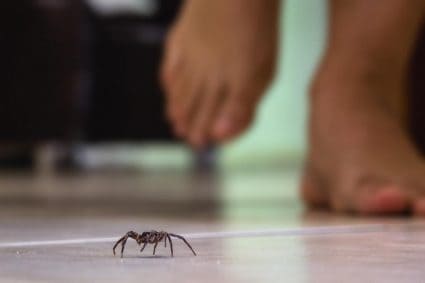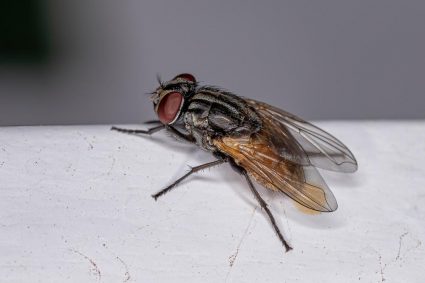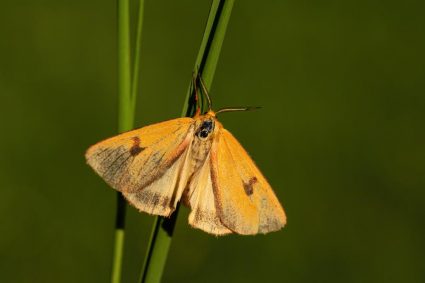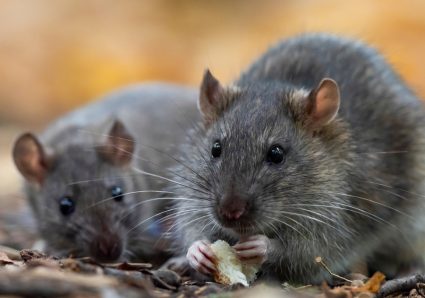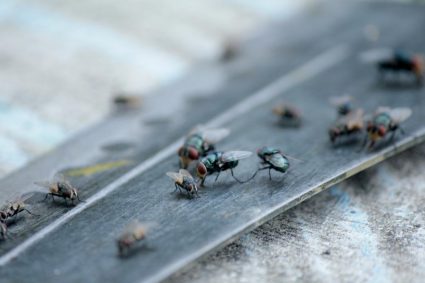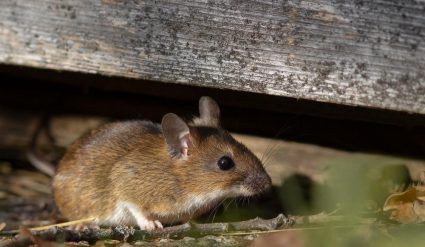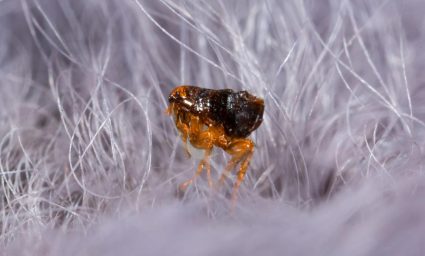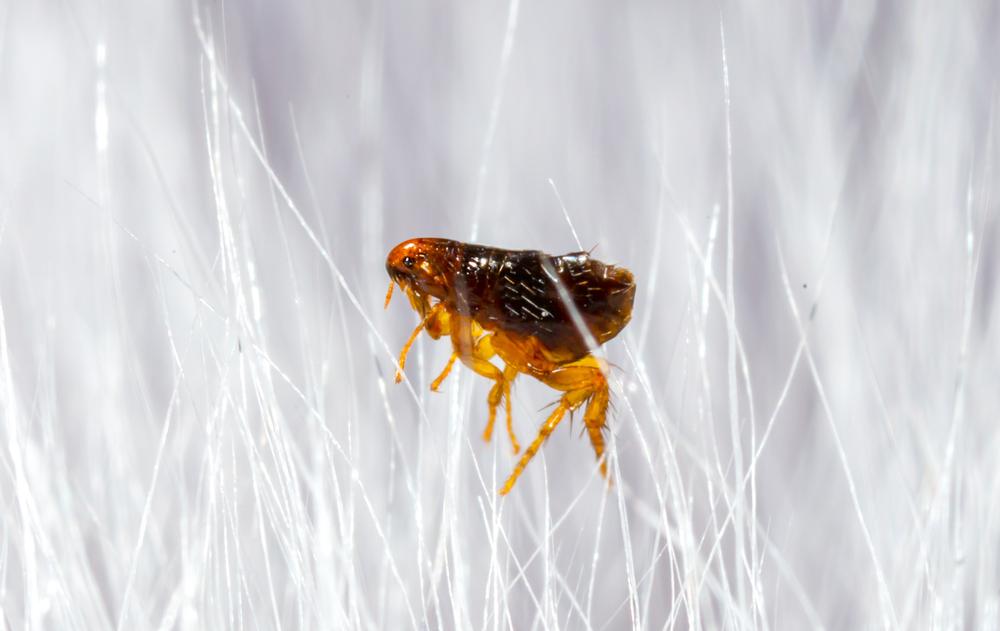
The smell of cat fleas is one that no pet owner wants to encounter. Not only can these tiny pests make your feline friend’s life miserable, but they can also infest your home, causing a nuisance for everyone. One way to repel these unwanted guests is by using certain scents that cat fleas hate. But which smells are most effective? And how can they be incorporated safely into your cat’s environment? Let’s dive in and explore.
Cat fleas are repelled by certain scents, including cedarwood, citronella, peppermint oil, geranium, lavender, eucalyptus, lemon and lemongrass, rosemary, thyme, and myrtle. These scents can be incorporated into your cat’s environment through safe methods such as sprays or cedarwood chips. However, some essential oils can be toxic to cats, so it’s important to consult with a veterinarian before using these methods.
Scents That Repel Cat Fleas
Cat fleas have a keen sense of smell, which they use to identify potential hosts. Certain scents can be repugnant to them and act as a deterrent. Some of the most effective natural scents that deter cat fleas include:
- Cedarwood
- Citronella
- Peppermint oil
- Geranium
- Lavender
- Eucalyptus
- Lemon and lemongrass
- Rosemary
- Thyme
- Myrtle
How Do These Scents Work?
These smells are believed to be irritating or unpleasant to fleas, making them avoid areas where these scents are present. The exact reason why fleas dislike these particular smells is not well understood, but it is likely related to their sensory perception and their need to find suitable hosts and environments for reproduction.
It’s worth noting that using these scents in your home or on your pets can create an environment that’s unappealing to fleas, helping to protect your pets from infestation. However, some essential oils can be toxic to cats, so it’s crucial to use them with caution and consult a veterinarian before using them on or around your pets.
Safety Precautions
While these scents can be effective in repelling cat fleas, it’s essential to ensure they’re safe for use around cats. Some essential oils can be harmful to cats, including citrus, eucalyptus, tea tree, and lavender. Here are some precautions to take:
- Avoid using essential oil diffusers around cats.
- Keep scented products out of your cat’s reach.
- Dilute essential oils before using them around cats.
- Be cautious when using scented cleaning products.
- Monitor your cat for signs of essential oil poisoning.
Incorporating These Scents into Your Cat’s Environment
To use these scents to repel fleas, you can create natural remedies using the essential oils mentioned above. Here are a few methods:
- Lavender and rosemary spray: Mix four drops of each oil with a cup of water and spray it on your cat’s fur, avoiding the face.
- Lemon spray: Create a lemon spray by boiling a sliced lemon in water, letting it steep overnight, and then spraying it on your cat’s fur.
- Cedarwood chips: Scatter these in your yard and around your home to repel fleas.
- Herbal flea spray: Create a cat-friendly herbal flea spray using dried herbs mixed with unfiltered apple cider vinegar and water.
Always remember to consult with your veterinarian before using any natural remedies or essential oils on your cat.
The Science Behind These Scents
Several studies have confirmed the efficacy of certain scents in repelling fleas. For instance, a study found that essential oils from thyme, myrtle, and yarrow showed excellent repellency against human fleas. Another study reported that essential oil from Cinnamomum osmophloeum (leaves) exhibited repellent properties against cat fleas. However, more research is needed to confirm the effectiveness of all these scents.
Commercial Products That Repel Fleas
There are also commercial products available that incorporate these scents to repel fleas. Flea collars infused with essential oils can be a natural alternative to medicated flea collars. However, these are designed to deter fleas and are not intended to treat existing flea problems.
Conclusion
While certain scents can be effective in repelling cat fleas, they should not replace a comprehensive flea control program that includes regular grooming, vacuuming, and consultation with a veterinarian. With the right knowledge and tools, you can create a comfortable, flea-free environment for your feline friend.
Frequently Asked Questions
Can I use these scents to treat an existing flea infestation?
No, these scents are primarily used as a deterrent to prevent flea infestations. If your cat is already infested with fleas, you should consult with a veterinarian to discuss appropriate treatment options.
Are there any commercial flea repellent products that I can use instead of making my own?
Yes, there are commercial products, such as flea collars infused with essential oils, available in the market. However, they are designed to deter fleas and are not intended to treat existing flea problems.
Can I use any essential oil as a flea repellent?
No, not all essential oils are safe or effective as flea repellents. Some, like citrus, eucalyptus, tea tree, and lavender, can even be harmful to cats. Always consult with a veterinarian before using any essential oils on your pets.
Can I apply these essential oils directly to my cat’s skin?
No, essential oils should never be applied directly to your cat’s skin. They should always be diluted before use, and even then, they should be used sparingly and never applied to the face or other sensitive areas.
Will these scents repel other pests, or just fleas?
While these scents have been found to be effective against fleas, their efficacy against other pests may vary. If you’re dealing with other pests, it’s best to consult with a pest control professional or a veterinarian for advice.

